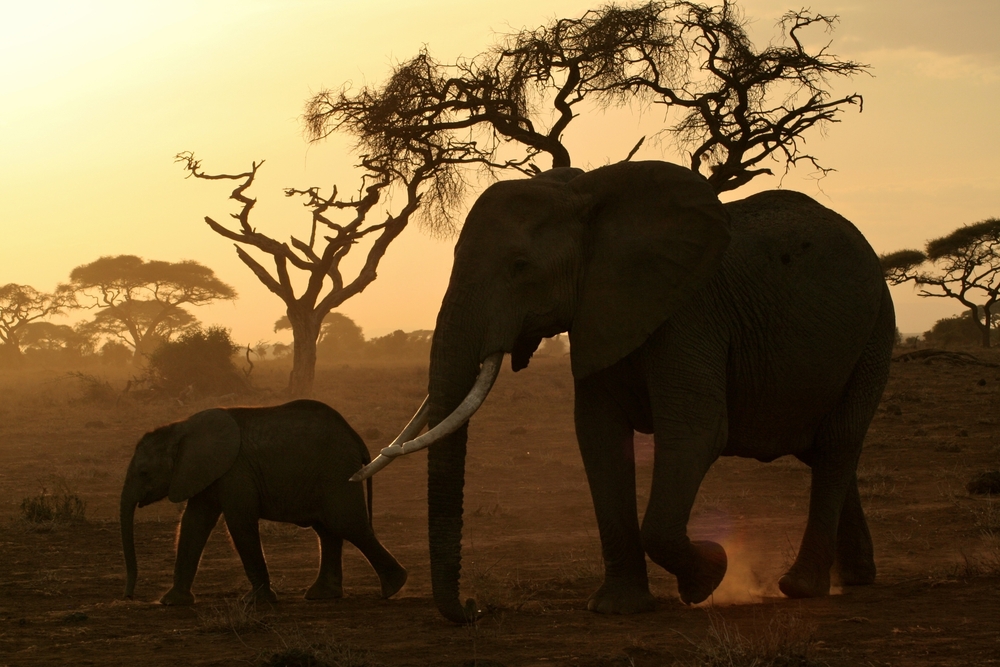Animals
China finally bans ivory trade

Image: Shutterstock.com/Graeme Shannon
From 2007 to 2014, the world’s elephant population dropped by 30 percent. That’s mostly due to people poaching elephants for their tusks. In fact, from 2011 to 2013, 100,000 elephants were killed by poachers.
It’s a problem so severe that elephants may soon become extinct in the wild. And as conservationists in Africa step up their efforts to save the elephants, the poachers are getting more brutal.
Ivory, as elephant tusks are called, is very valuable. An adult elephants tusks can be worth close to 400,000 dollars on the international market, which is a powerful incentive for poaching in a region where the average person makes less than $700 a year.
The reason that Ivory is so valuable is because it is highly sought after around the world for its utility in making intricate carvings. And a huge amount of that demand is in China, a country where traders refer to it as “white gold”.
That’s because ivory is highly valued in China, where it is seen as a symbol of wealth and prestige. Ivory carvings and chopsticks are treasured and given as gifts in important business relationships. But while many countries have banned the trade in ivory, China still permits the domestic sale of ivory, as well as the transport of ivory purchased in Africa into the country. And the fact that ivory can be purchased legally has led to a corruption of the market and illegal ivory still works its way into china in massive quantities.
But this week, China finally announced its plan to eliminate its ivory trade. The country pledged that it will make the domestic sale and importation of ivory illegal. There are exceptions: people who own ivory already can give it as gifts, as well as sell it as long as permission is obtained from the government for private auctions.
But it is a promising development given that as much as 70% of all ivory currently ends up in China. So if the government enforces its pledge then the ivory trade will lose an enormous share of its market. And a declining demand in ivory would mean less poached elephants. So, in a sense, this is an enormous potential victory for elephant conservation.
Of course, there is a strong possibility that the underground trade in China will continue. After all, just because a product is made illegal doesn’t mean that the demand for it will cease, particularly in China, where the ivory trade has been very popular.
And there is also a possibility that the government will have to fight corruption in order to enforce the new laws. According to investigations, the complicity of local authorities has been a significant factor in the ability of the ivory trade to survive illegally in China. Illegal dealers often find that a bribe is enough to convince border guards to allow ivory to enter the country from places like Vietnam.
The Chinese state has made impressive efforts to limit the influence of corruption in the past. In October of last year, one million officials in China were punished for corruption in a wide reaching operation lauched by the governement.
But with that being said, the Chinese comittment to stamping out the ivory trade is great news, and marks the transition to China becoming part of the solution rather than part of the problem in the global ivory trade.
It remains to be seen if this develepment will signal the turning point in the fight to save elephants. Either way, something must be done, as the elephant population is steadily dropping and without significant change, elephants may soon cease to exist in the wild.
We can only hope that China’s announcement will be that change.





0 comments